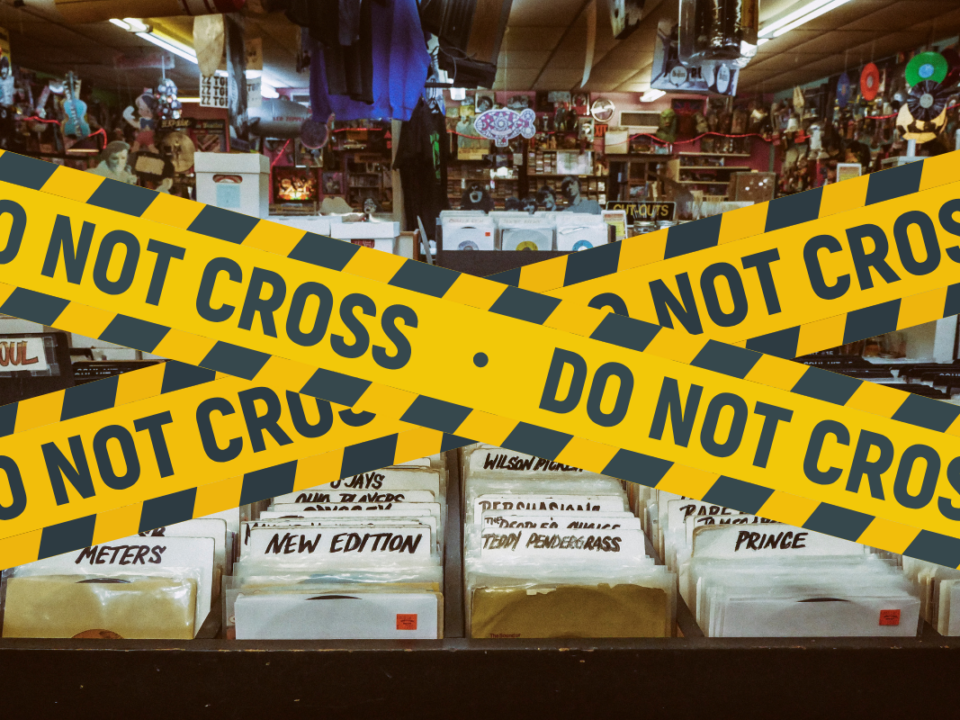A former North London record store specializing in rap music was the hub of an undercover sting operation staffed by cops, according to a new investigation.
In a new in-depth report, Vice details how the half-a-million-pound “Operation Peyzac,” aimed to target gun crime and increasing violence in the local area.
According to prosecutor Heidi Stonecliffe QC, 35 mostly Black men aged between 16 and 41, were convicted in the sting for offenses including trafficking guns and drugs. In 2016, Daily Mail reported 37 alleged “armed criminals and drug dealers” were put behind bars for a total of 400 years in the sting.
“The undercover officers sought to portray themselves as having unspecified criminal links in order to infiltrate relevant persons to gather evidence on their levels of criminality,” Abbas Nawrozzadeh, a senior consultant solicitor at Eldwick Law, told Vice: “This was one of the largest undercover operations in London in recent years.”
Nawrozzadeh worked on the defense of a 19-year-old Black man caught up in the sting.
“Our client, like many of the other defendants, looked up to the undercover officers as ‘olders,’” Nawrozzadeh said. They saw these elders as “experienced and credentialed,” with the ability and connections “to make them famous.”
He explained: “The defence case was that the undercover officers entrapped the defendant to commit these offences under inducement and threats. It was submitted on behalf of the defence that the defendant was entrapped into committing offences he would otherwise, but for their actions, not have committed.”
Stonecliffe notes the Undercover officers deployed in “Operation Peyzac” were “probably the finest,” she has ever worked with.
Former Cop Says Undercover Policing Must be Ethical
Former Merseyside Police Detective Superintendent Richard Carr said undercover policing can be “effective” if done ethically.
“I think that undercover policing has got a vital part to play in policing,” Carr said. But it’s got to be done ethically and proportionally. You’ve got to play by the rules. It all needs to be authorized. Some of these may be innocent people who have been entrapped. And I don’t know whether that’s the case [here], but what it doesn’t mean is that undercover policing is ineffective.”
